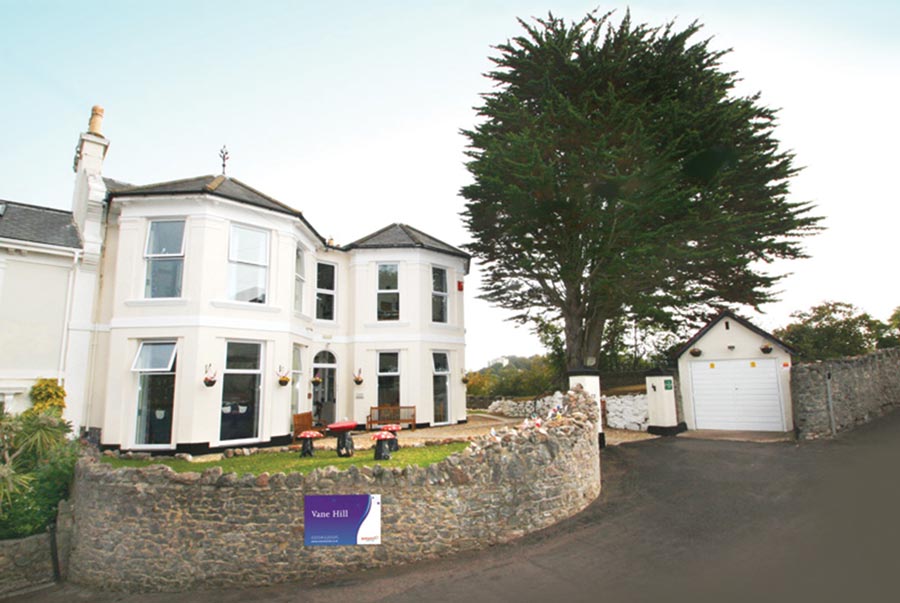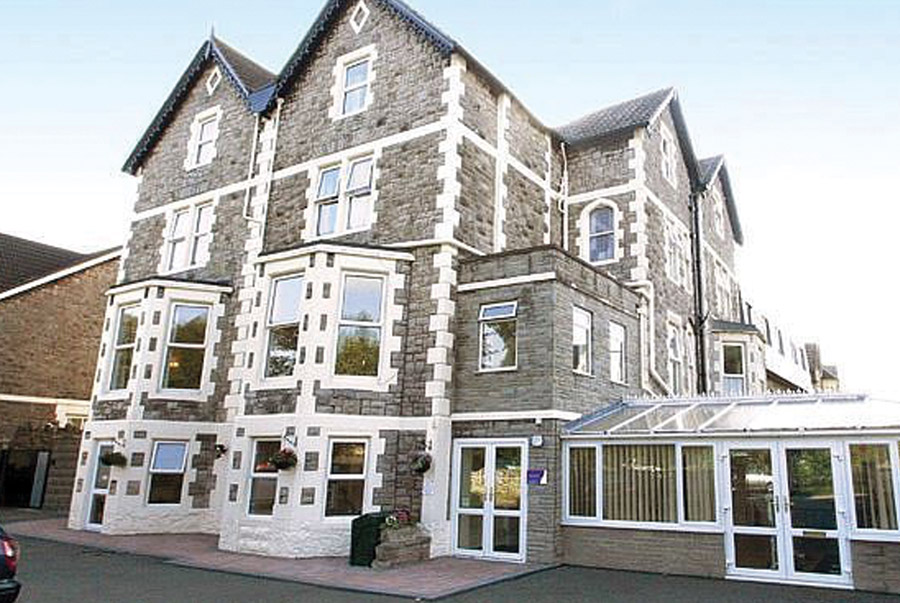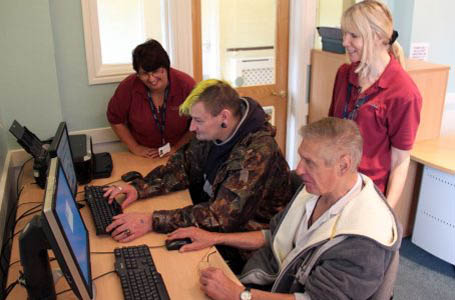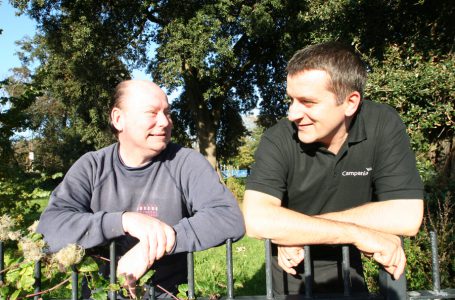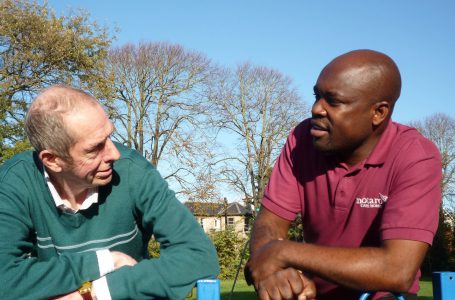When someone you know has been diagnosed with Alcohol-Related Brain Damage, many questions can start to run through your head, but we are here to help! Here is a guide to ARBD, what it is, why it happens and how it presents itself to help you gain more clarity.
What is ARBD?
ARBD is the general term used for a cluster of symptoms caused by excessive long term alcohol abuse. As a result of this long-term negative relationship with alcohol, damage to your brain can occur as the alcohol can alter the way the brain functions. It can even damage specific parts of the brain, causing changes to its physical shape or structure.
How does alcohol affect the brain negatively?
Excessive alcohol use can directly impact the brain in many ways, as alcohol can be toxic in large quantities. It damages the cells in the brain, meaning they do not work as they should. This can impact the messages the brain sends to the body leading to a variety of problems. One of the main effects alcohol can have on the body is causing a reduction in appetite, leading to a reduced intake of the essential nutrients that your body needs to function correctly. As excessive alcohol use already makes it difficult to absorb various vitamins, particularly vitamin B1 (Thiamine), which is an essential vitamin in brain development, many problems can start to occur. Heavy drinking can also lead to cholesterol problems and cause high blood pressure.
What are the most common symptoms?
Symptoms of ARBD can be divided into two main categories: Cognitive and memory problems and physical problems. Cognitive and memory problems are related to the mind and often include impaired concentration, difficulty processing new information, confusion about time and place, poor ability to make decisions and rapid mood swings. At the same time, physical problems occur in the body. They include poor temperature control, nerve damage that can cause weakness, numbness or pain and damage to vital organs like the liver or stomach.
Over the next few months, we will be talking you through all things ARBD, from treatments to recovery and ways we can help. To make sure you don’t miss anything, follow our socials and keep an eye out for more blogs like this!
